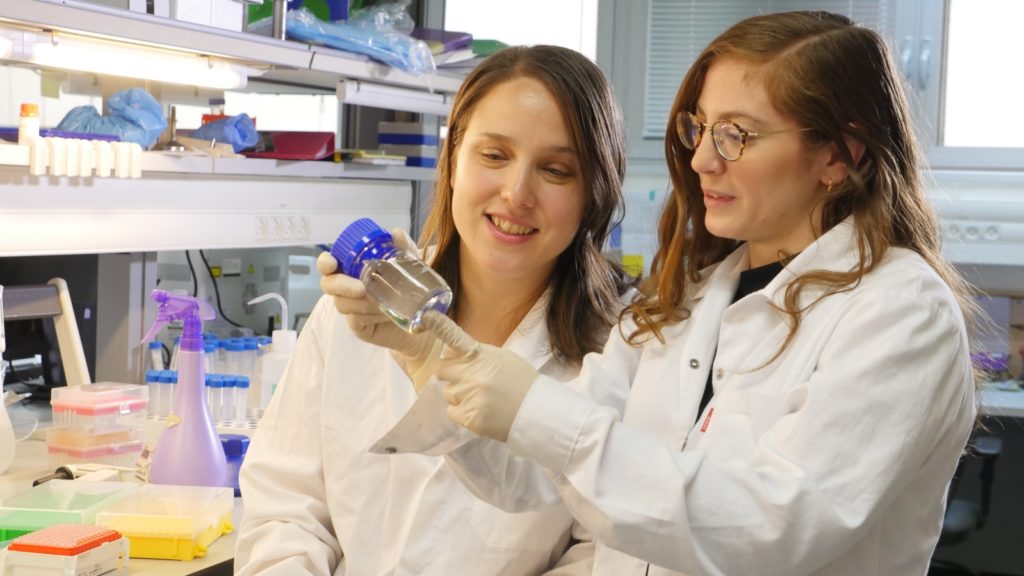The intelligent nanotechnology is capable of rapidly detecting COVID-19 in exhaled breath and has “the potential to serve as a monitoring and epidemic control tool.”
COVID-19 testing is a key step in gaining control over the spread of the pandemic. Current molecular COVID-19 tests entail swab samples, shipping the samples to lab facilities, and a time-consuming laboratory procedure to determine results. As a result, there is a delay of several to many days between when tests are taken, and results are obtained. The delay – exacerbated by the overloading of laboratories – increases the chance of further spread, especially from pre-symptomatic individuals who may not adhere to quarantine. Moreover, overloading laboratories has created a burden on the healthcare system.Long Description
Professor Hossam Haick
Epidemiological data show that the COVID-19 pandemic propagates through “local community transmission.” This means that the spread of infection cannot be accurately traced back to a source. There is a need for a non-invasive, rapid, inexpensive testing method to screen COVID-19 positive individuals – especially pre-symptomatic or asymptomatic carriers. Such a test could significantly reduce the rate of transmission – saving lives.
A team led by F.M.W Academic Chair Professor Hossam Haick and Dr. Yoav Broza of the Technion Faculty of Chemical Engineering and Russell Berrie Nanotechnology Institute, in collaboration with researchers from Wuhan, China, has devised a novel breath analyzer test to rapidly detect the disease caused by the novel coronavirus. The testing device is an intelligent nanotechnology that can rapidly detect COVID-19 from specific volatile organic compounds (VOCs) in exhaled breath. The study is published in the journal ACS Nano and the technology is to be developed for the market by the company Nanose Medical.
The efficacy of the COVID-19 breath analyzer testing device, which is comprised of a nanomaterial-based sensor array, was successfully validated in March by a preliminary case-control clinical study in Wuhan, China. It can detect disease-specific biomarkers in exhaled breath with 92% accuracy, 100% sensitivity, and 84% specificity. While a larger cohort study is still needed to validate the results, the researchers envision the test’s utility as a screening tool for airports, shopping centers, and other public places where the risk of community spread is high.
Prof. Haick’s pre-screening diagnostic system could offer a screening solution that can be performed at home or point-of-care facilities, greatly reducing unneeded confirmatory tests and reducing the burden on hospitals. Importantly, the artificial intelligence of the device can be modified and applied to any other infectious diseases. Prof. Haick believes this approach can serve as a platform for a rapidly available diagnostic tool that can be used in the case of a new disease outbreak.
The research was funded by the Technion – Israel Institute of Technology.
For the full article in the journal ACS Nano click here


